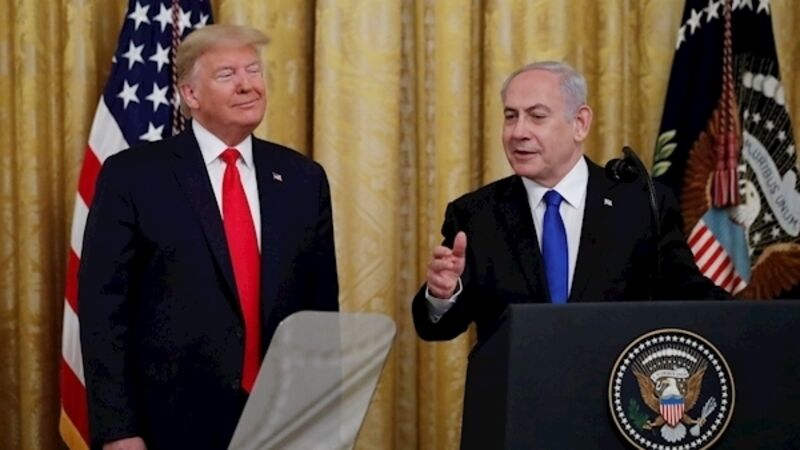Richard N Haass: Rejection of peace plans has not served Palestinians well

History suggests any peace negotiation has only a small chance of succeeding, because agreement requires compromise, which in turn requires leaders willing to make concessions and sell them to their publics. When it comes to the Israel-Palestine conflict, neither condition seems to exist, writes
Enough time has passed to read and digest all 180-plus pages of what the US government calls “Peace to Prosperity: A Vision to Improve the Lives of the Palestinian and Israeli People”.
















